By Chuck Holm, NERC Reliability Specialist
Systemic deficiencies of inverter-based resource (IBR) performance during grid events, resulted in a NERC issued Level 2 alert to all Generator Operators (GOs) who own Bulk Power System (BPS) connected solar photovoltaic (PV) resources.
Key findings:
- Many GOs do not have the requested facility data readily available. The requested information is fundamental equipment information that NERC expects would be retained and accessible.
- Approximately 5,200 MW of Bulk Electric System (BES) IBRs have voltage and frequency protection settings within the NERC PRC-024 “no trip zone” (see Figure 1 and Figure 2). Greater than 2/3 of voltage and frequency protections settings reported are not set based on inverter capability.
- The use of phase lock loop (PLL) loss of synchronism protection was reported by about ¼ of the facilities. The result is an increased likelihood of inadvertent tripping during normally cleared grid faults.
- Approximately ¼ of the facilities use a fault ride through mode that does not adequately support BPS reliability (see Figure 3).
- The orange and burgundy sections of the chart represent a combined active and reactive current injection which is NERCs preferred configuration for inverter ride through. Approximately 73% of BPS connected solar PV is operating with reasonable and expected control philosophies.
- The green (momentary cessation), yellow (reactive current injection only), and brown (active current injection only) do not align with the fault recovery recommendations in the alert and other NERC disturbance reports.
- In conclusion, approximately 27% of the BPS connected solar PV fleet are not configured with recommended ride through mode settings. Some of the facilities may not physically be capable of being modified.
- Approximately 1/3 of the reporting facilities use a “triangle shaped” facility reactive power capability curve, resulting in a significant amount of underused reactive power capability (see Figure 4)

Figure 1 Inverter Voltage Protection Settings vs. PRC-024

Figure 2 Inverter Frequency Protection Settings vs. PRC-024

Figure 3 – Solar PV Fault Ride Through Configuration

Figure 4 – Example of Lost Reactive Capability
NERC’s critical recommendations and next steps include the following:
- NERC Reliability and Security Technical Committee Inverter Based Resource Performance Subcommittee (IRPS) to develop a standard authorization request (SAR) for FAC-001 enhancements to support Transmission Owner (TO) IBR performance requirements. The IRPS should also consider proposing commissioning requirements for IBRs owned by GOs.
- New Reliability Standard Projects 2020-02 Modifications to PRC-024 and 2023-02 Performance of IBRs to produce performance and post disturbance analytical expectations that will address the systemic IBR performance issues. Both projects are considered high priority to address FERC Order No. 901.
- FERC Order No. 901. FERC directs NERC to submit new Reliability Standards that address specific matters pertaining to the impacts of IBRs. Specifically: 1. Data sharing; 2. Model validation; 3. planning and operational studies; and 4. Performance requirements.
- Issue a Level 2 alert in early 2024 to gather modeling and study information from GOs and TPs. The alert will share recommended practices regarding modeling and study enhancements as well as extent of condition data to identify possible modeling and study risks. Information gathered at the Level 2 alert will inform the contents of a Level 3 alert, providing essential actions for high- risk IBR issues that will be issued in the first half of 2024.
NERC concluded that many GOs and GOPs are not acting on voluntary NERC recommendations and are performing only the minimum requirements as specifically stated in FERC Orders, Regional Requirements, and NERC Reliability Standards. Only following minimums can result in the loss of substantial amounts of resources and essential reliability services during events when they are needed most.
Further, analysis uncovered systemic deficiencies in the availability and understanding of facility information. Facility commissioning should verify that what was studied in the interconnection process is being placed in service prior to facility energization.
For find the full context of the NERC report at Inverter Based Resource Performance Issues Report.











